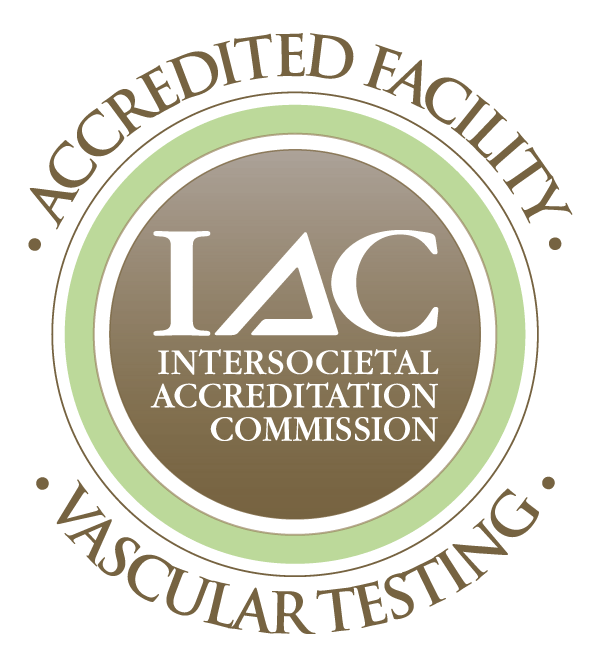Dialysis
What is Dialysis?
When your kidneys are healthy, they clean your blood. They also make hormones that keep your bones strong and your blood healthy. When your kidneys fail, you need treatment to replace the work your kidneys used to do. Unless you have a kidney transplant, you will need a treatment called dialysis.
There are two main types of dialysis. Both types filter your blood to rid your body of harmful wastes, extra salt, and water.
- Hemodialysis uses a machine. It is sometimes called an artificial kidney. You usually go to a special clinic for treatments several times a week.
- Peritoneal dialysis uses the lining of your abdomen, called the peritoneal membrane, to filter your blood.
When is Dialysis Needed?
You need dialysis if your kidneys no longer remove enough wastes and fluid from your blood to keep you healthy. This usually happens when you have only 10 to 15 percent of your kidney function left. You may have symptoms such as nausea, vomiting, swelling and fatigue. However, even if you don’t have these symptoms yet, you can still have a high level of wastes in your blood that may be toxic to your body. Your doctor is the best person to tell you when you should start dialysis.
Other Treatments
Arterial Disease
Carotid Artery Disease
Chronic Venous Hypertension
Claudication
Critical Limb Ischemia
Deep Venous Thrombosis
Dialysis
Nonhealing Wounds
Peripheral Aneurysms
Peripheral Artery Disease
Pulmonary Embolus
Stroke
Subclavian Steal Syndrome
Subclavian Stenosis
Transient Ischemic Attacks
Varicose Veins
Venous Insufficiency
Venous Stasis Ulcers
Meet Our Doctors
Questions?
All Rights Reserved | Vascular Care of Texas, PLLC | Privacy Policy






